DAMASCUS, Jan 2, (V7N) - Syria's Foreign Minister Assaad al-Shibani has arrived in Saudi Arabia, marking the first foreign visit by Syria's new government since its takeover last month. The visit signifies a potential shift in Syrian-Saudi relations, aiming to rebuild ties after years of turmoil during Syria's civil war.
Shibani, accompanied by Defence Minister Murhaf Abu Qasra and Intelligence Chief Anas Khattab, expressed hope for a renewed partnership between the two nations.
"Through this first visit in the history of Free Syria, we aspire to open a new, bright page in Syrian-Saudi relations that befits the long shared history between the two countries," Shibani stated on X (formerly Twitter).
Diplomatic Reception in Riyadh
The delegation was welcomed by Saudi Arabia's Vice Minister of Foreign Affairs, Waleed bin Abdulkarim El-Khereiji, at Riyadh's international airport. Photos released by Syria's foreign ministry depicted the cordial atmosphere, with both parties engaging in formal discussions.
This visit follows a Saudi delegation's meeting with Syria's new leader, Ahmed al-Sharaa, in Damascus last month. Sharaa, the leader of Hayat Tahrir al-Sham, led the offensive that ousted President Bashar al-Assad on December 8.
Economic Rebuilding and Regional Ties
In a recent interview, Sharaa highlighted Saudi Arabia's potential role in Syria's future.
"Saudi Arabia will certainly have a large role in Syria's future," Sharaa told Al Arabiya. "There is a big investment opportunity for all neighbouring countries."
Years of civil war have left Syria's economy and infrastructure devastated, creating an urgent need for international investment and reconstruction efforts.
Complex History of Relations
Saudi Arabia severed diplomatic ties with Assad's government in 2012 and supported rebels during the early stages of Syria's civil war. However, relations warmed last year, with Saudi Arabia playing a significant role in Syria's return to the Arab League.
The new leadership in Syria presents an opportunity to reset these relations. However, challenges remain, particularly concerning the illicit captagon trade, a narcotic that was a major export under Assad's regime and continues to affect the region.
This visit underscores the strategic importance of Saudi-Syrian relations in shaping Syria's recovery and regional stability. Whether this new chapter will lead to lasting partnership and economic revitalization remains to be seen.
END/WD/RH/




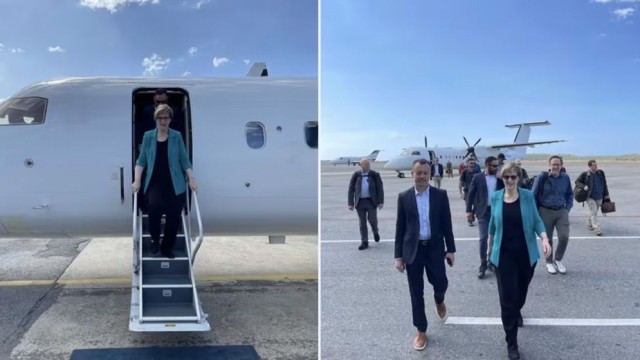
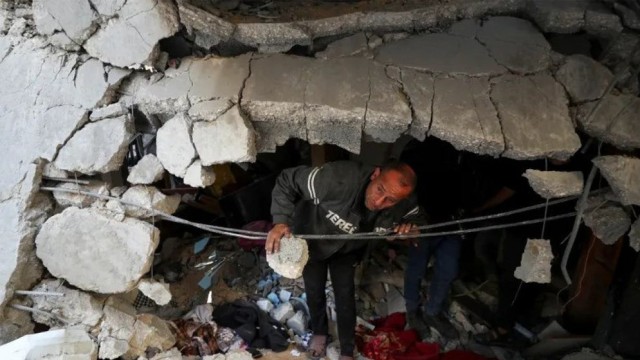

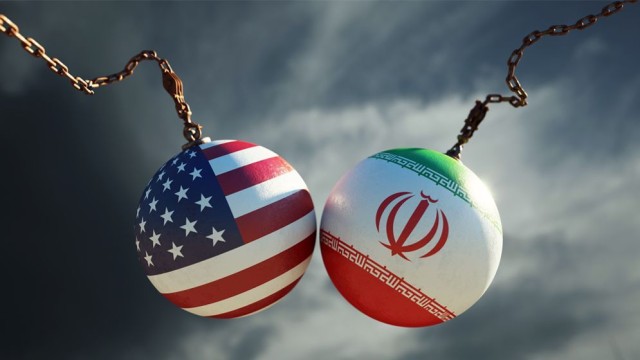
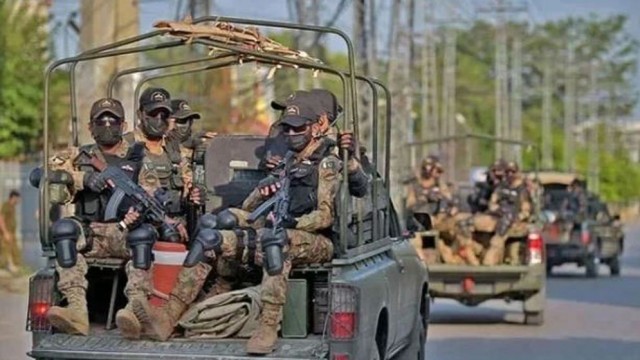
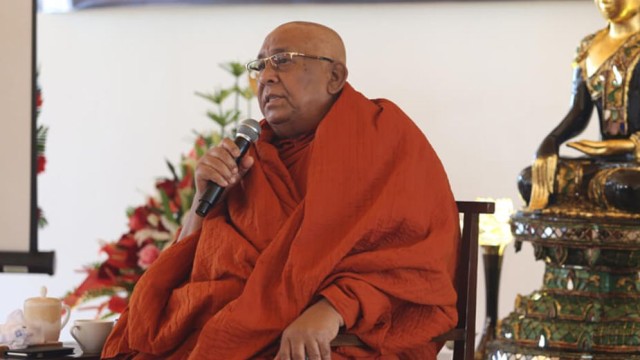
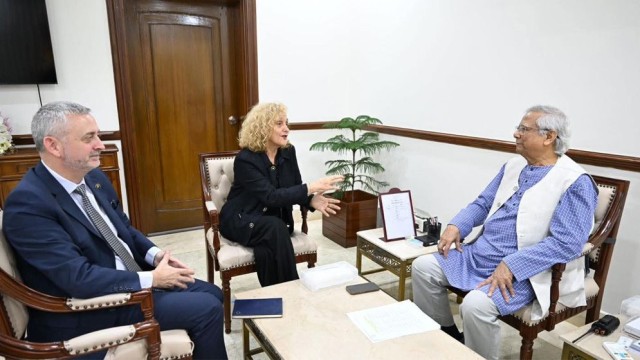

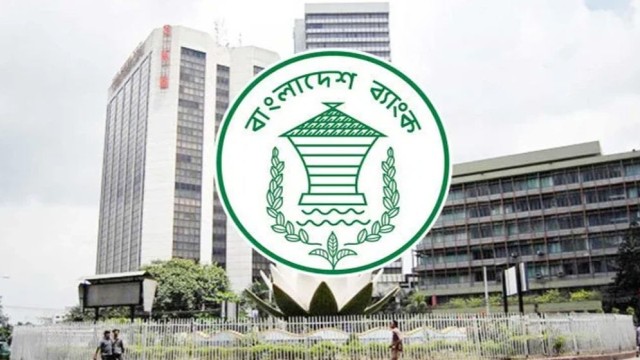
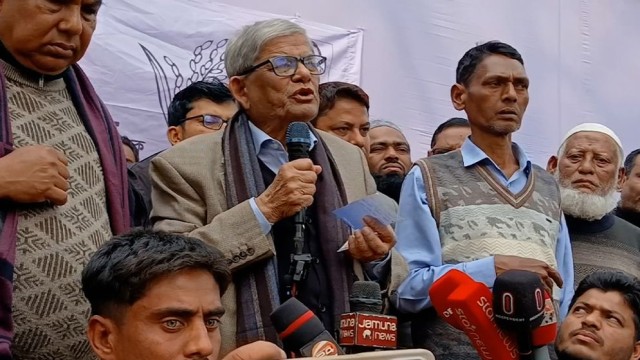

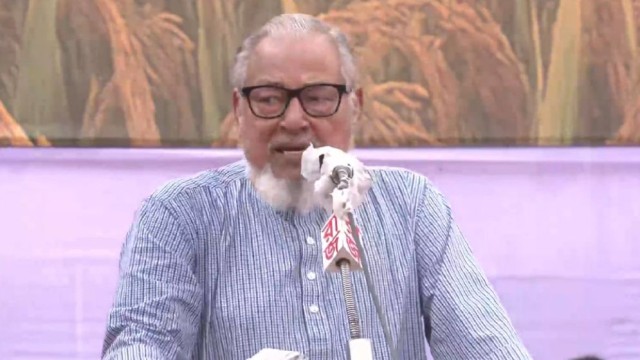

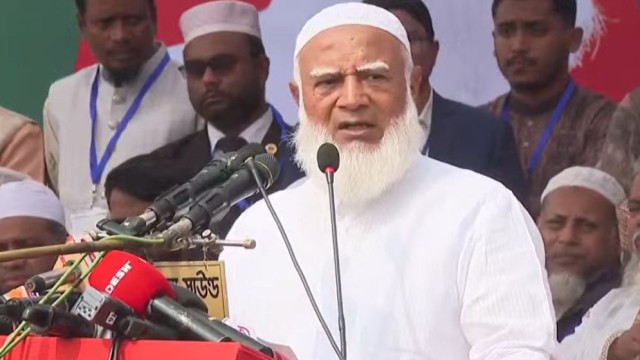

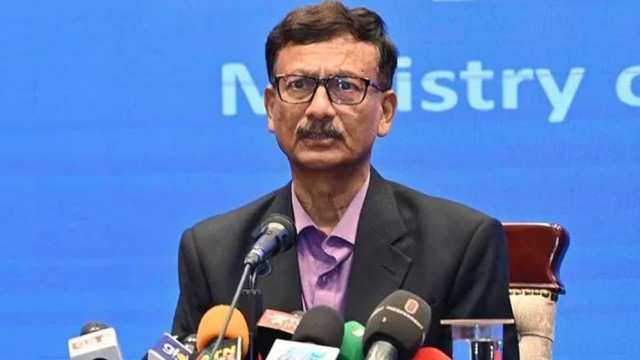


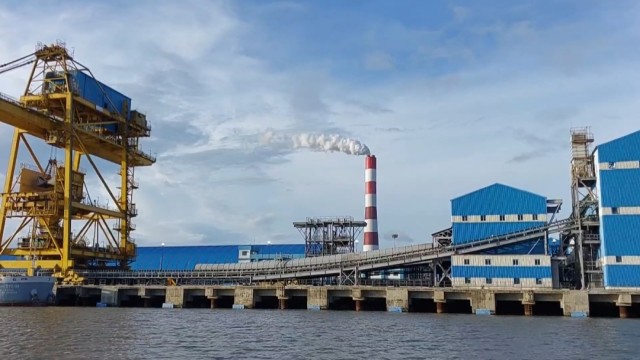

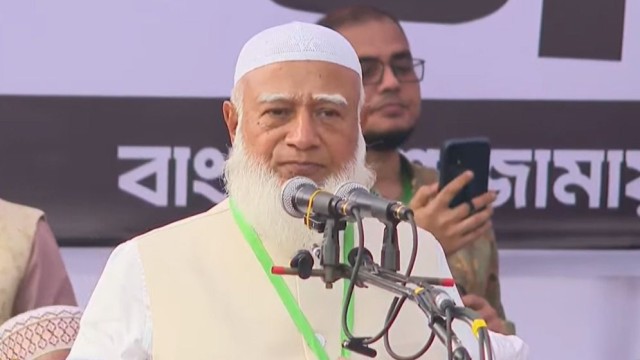
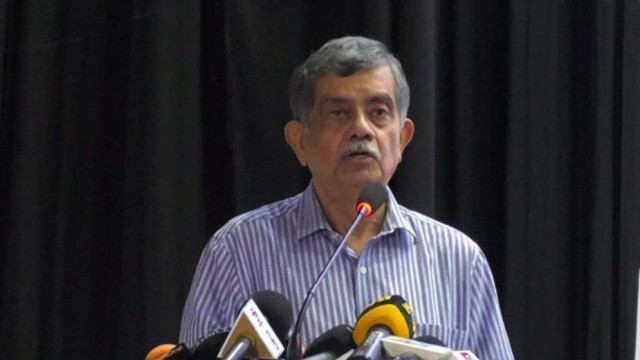
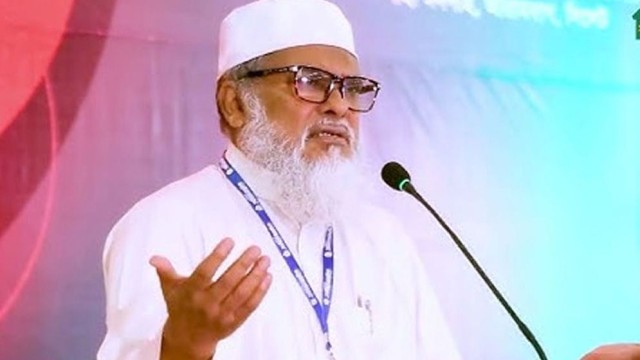
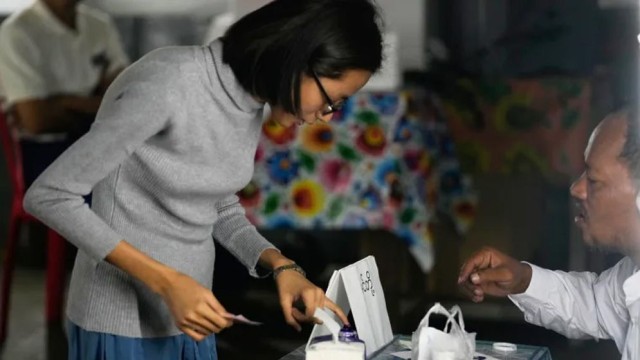

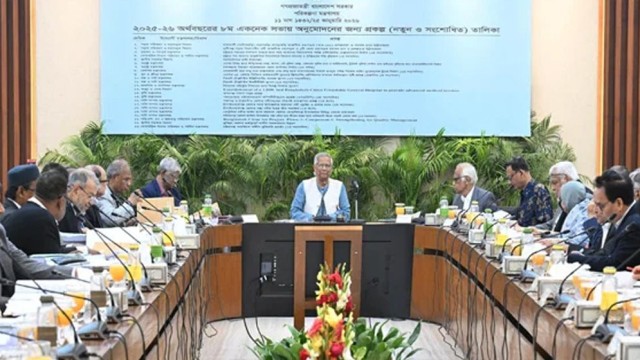
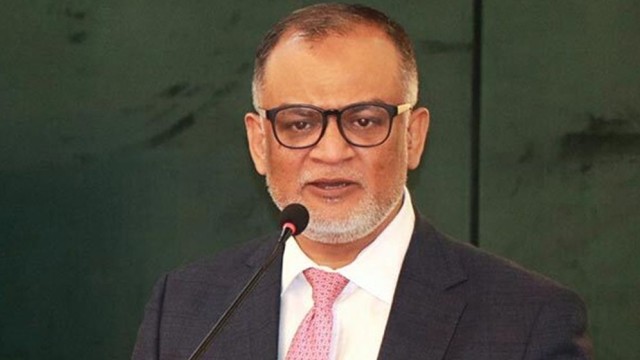
Comment: